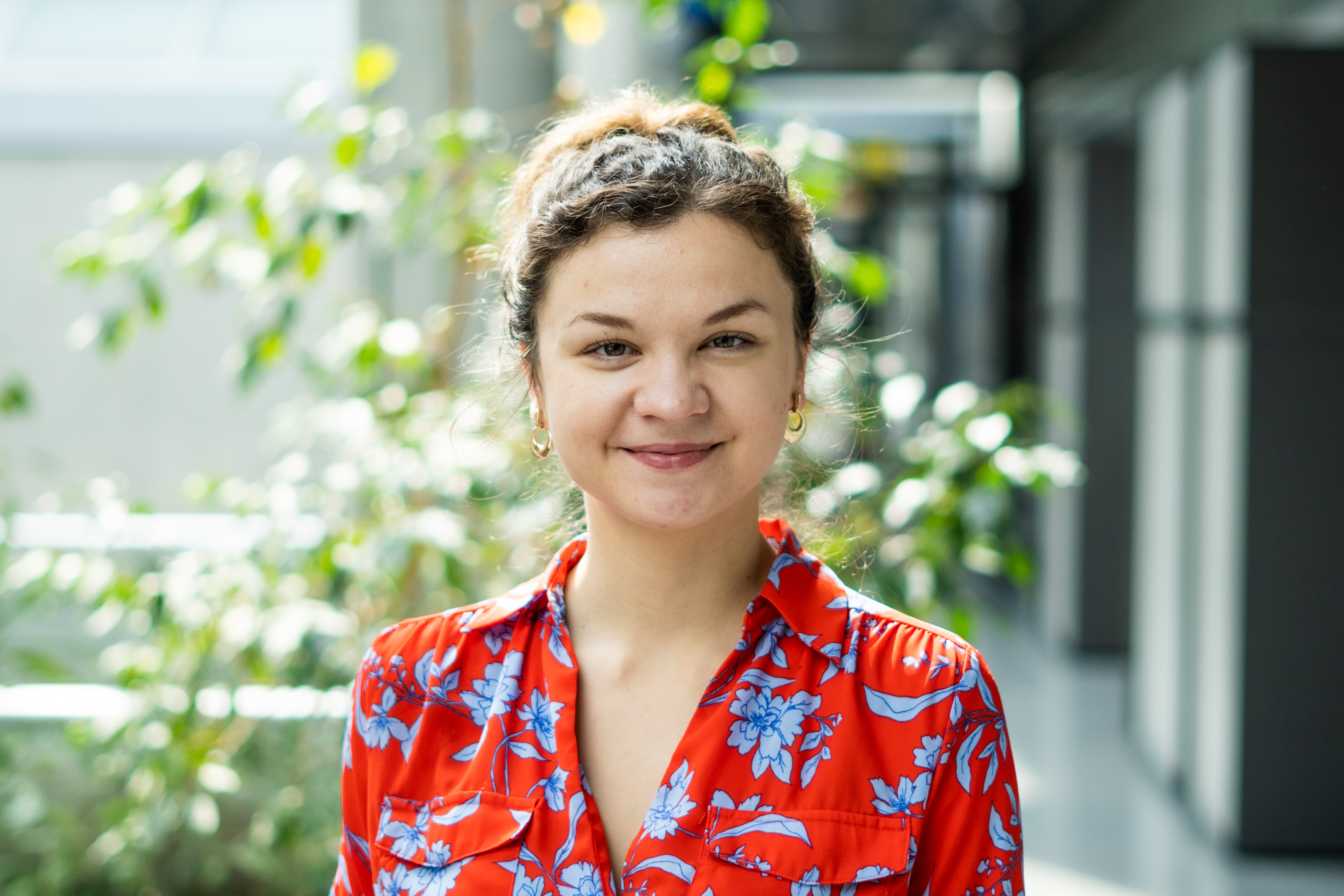REWI Uni Graz: Dear Viktorija, you have been with us since March and are researching on European competition law. What exactly do you deal with in your research?
Viktorija Morozovaite: The focus of my PhD research is hypernudging – dynamically personalized user steering in online environments. To give an example, consider political microtargeting by Cambridge Analytica, which was claimed to target the right voter, with the right message, by the right means, at the right times, as many times as needed in order to steer their political behaviour. At the heart of my PhD topic lies the question whether such influencing of user behavior by big technology companies, especially in commercial sphere, but also beyond, could amount to competition law concerns. During my research visit in Graz, I am focusing on how voice assistants (e.g. Siri, Alexa) could hypernudge consumers towards commercial decisions.
Why is this topic so relevant right now?
Influencing of users behavior online is becoming a prominent topic in academia, industry and media. From “The Social Dilemma” Netflix documentary to the Facebook Files revelations, we are seeing the public becoming increasingly aware and interested in how they are impacted by digital technologies. As voice assistants become people’s digital helpers in personal spaces, they are a particularly interesting subject of study due to their impact spilling into economic, political, social and private domains.
Voice intelligence industry is steadily growing and we may still play a part in shaping its further development; it is the right time to examine the emerging challenges and opportunities in this market. This is recognized by the recent European legislation, especially the Digital Markets Act which will cover voice assistants technology. Questions remain open as to the interaction between competition law and sector-specific regulation in this field, and how would hypernudging consumers towards market outcomes be treated by each of them. Zooming out on the broader European digital policy agenda, we are observing the stronger emphasis on public values and the interests of citizens, relevant to curbing the potential negative effects of hypernudging (by voice assistants). Policymaking, however, requires trade-offs and we are yet to see how that plays out in the future.
Do you have any preliminary conclusions for us after your stay of several weeks in Graz?
So far my time in Graz has been spent going down the rabbit hole of understanding the more technical aspects of voice assistants technology, identifying why voice assistants are so well-positioned to systemically influence consumers and considering the potential for such hypernudging to result in anti-competitive self-preferencing behavior. The research that I found particularly illuminating related to the richness of information that can be uncovered from human voice (see the work of Rita Singh and Joseph Turow) – from physical parameters of an individual, such as their gender, weight or height, to physiological (age, heart rate), demographic (education), medical (some specific disorders), behavioral (leadership, dynamism) and environmental parameters as well as personality and emotions. While the voice intelligence industry is still developing, considering the possibilities to use this information in profiling and influencing consumers creates fertile soil for academic inquiry, and from competition law perspective it is not difficult to envision the possibilities for “self-preferencing on steroids.”
Why did you apply for a fellowship here in Graz in particular?
I was enthusiastic to join the University of Graz as a fellow for several reasons. Firstly, being a competition law scholar, I was attracted by the wonderful opportunity to connect with the competition law community in Graz, and Austria more broadly. It was a valuable experience to participate in the Competition Law Hub meet-ups led by Prof. Robertson. Secondly, I was motivated to meet researchers from across legal fields. Exchanging views, even in seemingly unrelated areas, can lead to academic serendipity – something I experienced first-hand here at the University of Graz, especially through meeting other fellows and participating in academic events. Finally, having spent the majority of my academic career in the Netherlands, I was excited to experience the (academic) culture and educational activities, such as teaching, outside of my home university. The Wirtschaftskammer Steiermark Fellowship provided me with an opportunity to spend three months at the University of Graz and truly embed within this vibrant institution.
Have your expectations been fulfilled?
My time in Graz has been more inspiring and productive than I could have hoped for. I am grateful for the opportunities to engage in constructive discussions related to my research. I have learned a lot from the colleagues at the Competition Law Hub led by Prof. Robertson as well as other fellows at the University of Graz. It is a privilege to have this time dedicated to research in a new environment. Spending springtime in such a picturesque city is an added bonus!
